Giardia is an intestinal parasite that infects up to 30% of dogs. This infection is called giardiasis. The main symptom of giardiasis is chronic diarrhea, a common symptom of gastrointestinal infections in dogs, which is why giardiasis is often misdiagnosed. The only way to diagnose it is by analyzing fecal samples, so a visit to the vet is a must. After the diagnosis is confirmed, the vet usually prescribes an off-label medication to treat the infection. But are these medications our only option? And do they really destroy the parasite?
This article explores the truth about conventional Giardia treatments for dogs and shares science-backed information about natural and holistic treatments for giardiasis, ones that are often referred to as “alternatives” but should instead be considered the first line of defense.
How Does Giardia Enter Your Dog’s System?
The short answer is: easily. Giardia cysts are highly infectious and get passed into the environment through the feces of an infected animal. These cysts are incredibly resistant and can easily survive & stay infectious for weeks, even months, if their environment is cold and wet. The infection happens when the cysts make contact with your dog’s mouth. It’s possible for dogs to have Giardia and not show any clinical symptoms, but they’re still carriers of the parasite and are passing on infectious cysts in their feces!
Because dogs explore the world predominantly through their snouts and mouths, it’s easy for Giardia to enter their system, making them at risk for constant reinfection. Here’s an illustration with real-life examples:
→ Your dog sniffs infected poop up close and then licks his nose. We can’t see Giardia cysts with the naked eye, so there’s no way to tell which poop is infected just by looking at it.
→ Your dog rolls around in grass that contains Giardia cysts because a dog with giardiasis rolled there earlier. When your dog licks himself to clean his fur, Giardia enters his system.
→ If you regularly take your dog to daycare or to playdates, one dog in the group can be a Giardia carrier without symptoms. As they play and share water bowls, dog beds, and toys, infectious cysts come in contact with your dog.
→ Your dog drinks infected water from a puddle, a pond, or a public water bowl shared with many unknown dogs.
I don’t mean for these examples to make you paranoid or scared to let your dog freely play with other dogs, roll around in the mud, and be a normal dog. I’m sharing them in case the infection does unknowingly happen, so you can understand how it happened and be careful about possible reinfection.
Symptoms & Diagnosis of Giardiasis in Dogs
If your dog isn’t showing any symptoms, it’s going to be very hard to spot giardiasis unless you are regularly testing his feces for any abnormalities (as recommended by some holistic veterinarians). Even in the absence of symptoms, it’s a good idea to address the presence of the parasite to protect your family, other pets, and dogs in your neighborhood from potentially catching giardiasis with serious symptoms.
Some of these symptoms include:
- Chronic diarrhea for days or weeks. Anything more than three days is dangerous, as it can lead to dehydration and malnutrition.
- Steatorrhea, also known as “fatty poop.” It happens when too much fat is eliminated from the body because of weak absorption. You can recognize it by its pale color, odd smell, and large volume.
- Sudden weight loss and lack of energy.
- Though rare, vomiting can be a symptom as well.
If you notice any of these symptoms, contact your holistic veterinarian (or an independent laboratory) and schedule an appointment. You will need to provide them with samples of your dog’s feces collected over several days. It’s best to ask them exactly how many samples they’ll need and on which days you should collect them. Giardia cysts are not in every fecal sample, so your veterinarian will request at least three samples selected over three or four days. Once the diagnosis is confirmed, conventional veterinarians often prescribe one of these anti-parasite medications: fenbendazole, metronidazole, and albendazole.
Anti-parasite Medications
Fenbendazole (Panacur®, Safe-guard®) and albendazole (Albenza®, Valbazen®) are both dewormers. Fenbendazole is usually the vet’s first choice, even for dogs without symptoms, in an attempt to stop shedding the infectious Giardia cysts. Metronidazole (Flagyl®) is an antibiotic prescribed either alone or in combination with a dewormer. No medication is approved for treating giardiasis in dogs, so they are only used off-label. They have serious side effects, such as damaging the liver and worsening the condition of the gut microbiome, which immediately compromises the entire immune system and the body’s most important longevity functions.
Ineffective and Life-Threatening
Italian researchers studied two groups of dogs infected with Giardia — one group was treated with fenbendazole, the other with metronidazole. All dogs received a standard daily dose (50mg/kg) for five days. After the first round of treatment, 33% of dogs treated with fenbendazole and 42% of dogs treated with metronidazole still had Giardia cysts in their fecal samples. The researchers kept administering the two drugs to the infected dogs to see how many rounds of treatment were needed to eliminate the parasite.
They analyzed all fecal samples after 7, 14, 21, and 50 days. Both drugs proved the most effective after two treatment cycles, but some dogs needed three cycles. The reason for multiple treatment cycles? Giardia kept returning. Two of the studied 24 dogs tested positive for Giardia cysts again on day 50 after previously being considered successfully treated. These results led the researchers to the conclusion that using medication alone is not enough to eliminate or control Giardia in dogs.
This conclusion is especially infuriating if we consider that Metronidazole can harm the central nervous system, resulting in severe neurological damage to your dog. It’s hard to imagine that a dog with an already weakened immune system would be put on this kind of medication for multiple weeks!
In the early ‘80s, a small study of five dogs showed that ALL five dogs, who received metronidazole between 3 and 14 days, suffered neurotoxicity. Two dogs had to be euthanized due to irreparable neurological damage! This means that crucial veterinary organizations have known about the toxicity of metronidazole for over 40 years.
The EMA (European Agency for the Evaluation of Medicinal Products) issued a report in 1997 about a study that tested the effects of high metronidazole doses on dogs. All dogs in the two highest dose groups died.Neurological damage was present even in the group with the lowest tested dose. The EMA wrote in their report that the highest dose without an adverse effect couldn’t be determined. The same report also states that metronidazole is genotoxic AND carcinogenic — a conclusion also recognized by the International Agency for Research on Cancer (IARC).
All of these conclusions, based on good research, make us wonder why we get asked to put our dog’s life and well-being at risk over medication that doesn’t have a confirmed safe dose, is not approved for giardiasis, and doesn’t fully eliminate the infection. Thankfully, you are your dog’s advocate! You have the final word on his treatment plan — so let’s look at natural Giardia treatment options that actually support your dog’s gut and health.
Natural Treatments for Giardiasis in Dogs
There are many natural approaches to combating intestinal parasites in dogs. A combination of different remedies usually works better than one single approach. It’s helpful to consult a holistic veterinarian about which combination would support your dog the most — they will consider your dog’s age, breed, environment, physical condition, and previous medical history when advising the best path forward.
1 — Probiotics
Probiotics are essential for a healthy, diverse, and balanced gut microbiome. A healthy gut is the cornerstone of your dog’s immune system, so an intestinal parasite isn’t something you should ignore. Supplementing probiotics to your dog’s diet can work as prevention from parasites by strengthening the dog’s microbiome, or it can help fight off an existing giardia infection together with other natural aids.
2 — Garlic
Garlic is truly a superfood with countless health benefits. It’s a perfect match for an imbalanced gut that needs support. Studies have shown that garlic has a rapidly restorative effect on a compromised gut. I already mentioned probiotics, but they need prebiotics in order to reach their full potential — luckily, garlic is full of them. It also contains allicin, which is proven to work against parasites. This makes garlic one of the best (and most affordable) natural anti-parasite treatments! Some pet herbalists recommend pairing it with goldenseal to attack the parasite on two fronts.
There is a mistaken belief among dog owners that garlic is very toxic for dogs — this is only true if dogs come in contact with high doses of garlic. Giving your small dog more than ¼ of a clove daily, or more than one clove daily to a large dog, can lead to anemia. Small doses spread out over days or weeks are very beneficial for dogs!
You can purchase garlic supplements made specifically for dogs, which makes the appropriate dosing a bit easier. As with all things, not all dogs respond to a remedy in the same way, so always observe your dog and do what is right by him! More sensitive dogs can experience gastrointestinal troubles even with smaller doses.
3 — Pumpkin Seeds
Multiple studies on humans and animals have shown that pumpkin seeds have anti-parasitic effects. They are full of amino and fatty acids, which are crucial components of a well-functioning immune system in dogs. In contrast with traditional medication, they are very safe to use! A study on mice explored what dose of pumpkin seed extract works best at eliminating parasites and recognized that, throughout the study, the animals didn’t suffer any behavioral or gastrointestinal side effects.
The dose they found to be the most effective was 8g/kg, but it’s important to note that they weren’t testing it specifically against Giardia. Other studies, where animals were given pumpkin seed extract for a longer time, proved through urine and blood tests that none of the animals had an adverse reaction.
Pumpkin seeds contain berberine and palmatine, both of which have been well-researched for their anti-parasitic properties. At the time of writing this article, there is no research (yet) about how pumpkin seeds affect Giardia specifically, but it’s safe to say they have immense potential, as studies on many other parasites have shown. The easiest way to supplement pumpkin seeds into your dog’s diet is to buy a pumpkin seed extract or pumpkin seed oil.
4 — Essential Oils
The ability of essential oils to fight Giardia is well-researched. There are many published studies showing a variety of essential oils defeating Giardia! The most studied oils in this regard are clove and lavender. The main component in clove essential oil is eugenol which helps treat giardiasis by supporting the digestive tract and fighting the parasite directly.
Lavender essential oil also completely eliminated Giardia during in vitro studies. They can be used individually or together. Other essential oils that have been studied for their effect on Giardia and have shown favorable results include oregano, eucalyptus, myrtle, thyme, and of course, garlic.
WARNING: Essential oils are incredibly potent and highly concentrated plant extracts. A single drop can be stronger than a whole plant, so use them cautiously and learn about proper diluting. Essential oils are toxic for your dog when not used properly and responsibly. I don’t recommend you attempt to treat your dog’s giardiasis with essential oils on your own!
Don’t take advice from Facebook groups and other well-meaning people who aren’t experts. Speak to an experienced holistic veterinarian or an expert practitioner of alternative veterinary medicine. They know how to safely use essential oils and will be able to determine which oils are the right fit for your dog’s infection.
5 — Oregon Grape
Oregon grape is often recommended for treating giardiasis in pets due to its berberine content, similar to pumpkin seeds. It has many beneficial effects on the intestines. It’s anti-inflammatory and can aid your dog in recovery from symptoms that remain after Giardia. However, it’s not recommended for dogs with diabetes, pregnant dogs, or dogs with chronic liver problems.
Preventing (Re)Infection
One of the biggest issues of giardiasis is reinfection. Dogs can get reinfected with their own Giardia cysts by lying in the same bed, playing in the same backyard, grooming their fur, etc. This is why the most effective way to battle Giardia externally is strict hygiene! Though it’s rare, it is possible for you to get Giardia from your dog, so the first advice is to properly wash your hands after touching or handling your sick dog or any of his items.
Bathe the dog every day, preferably after a potty break, to wash off any potential poop particles. Wash his bedding, food bowl, water bowl, toys, and the floors of your home. Until your dog is cleared of the infection, keep him separated from other pets and kids in your home. If you have a backyard, clean up any dog poop and wash the ground with water or a natural outdoor disinfectant.
Sources
Robertson, J. Lucy. “Giardiasis in Animals.” Merck Veterinary Manual, 03/2022.
Ried, Karin. “Garlic lowers blood pressure in hypertensive subjects, improves arterial stiffness and gut microbiota: A review and meta-analysis.” PubMed, 27/12/2019.
Machado, M. Dinis, A.M. Salgueiro, L. Custódio, B.A. José. Cavaleiro C. Sousa, M.C. “Anti-Giardia activity of Syzygium aromaticum essential oil and eugenol: Effects on growth, viability, adherence, and ultrastructure.” Science Direct, 04/2011.
Ciuca, Lavinia. Pepe, Paola. Bosco, Antonio. Caccio, Mario Simone. Maurelli, Paola Maria. Sannella, Rosa Anna. Vismara, Alice. Cringoli, Giuseppe. Kramer, Laura. Rinaldi, Laura. Genchi, Marco. “Effectiveness of Fenbendazole and Metronidazole Against Giardia Infection in Dogs Monitored for 50-Days in Home-Conditions.” 26/03/2022.
Dow, S. W. LeCouteur, R. A. Poss, M. L. Beadleston, D. “Central nervous system toxicosis associated with metronidazole treatment of dogs: five cases (1984-1987).” 01/08/1989.
Committee For Veterinary Medicinal Products. “Metronidazole.” EMA, 07/1997.
Messonnier, Shawn. “Natural Health Bible for Dogs & Cats.” Prima Publishing, 2001.
Grzybek, Maciej. Kukula-Koch, Wirginia. Strachecka, Aneta. Jaworska, Aleksandra. Phiri, M. Andrew. Paleolog, Jerzy. Tomczuk, Krzysztof. “Evaluation of Anthelmintic Activity and Composition of Pumpkin (Cucurbita pepo L.) Seed Extracts—In Vitro and in Vivo Studies.” PubMed, 01/09/2016.
“Giardia and Pets.” CDC, 26/02/2022.
Allegretti, Jan. “The Complete Holistic Dog Book.” Celestial Arts, 2003.
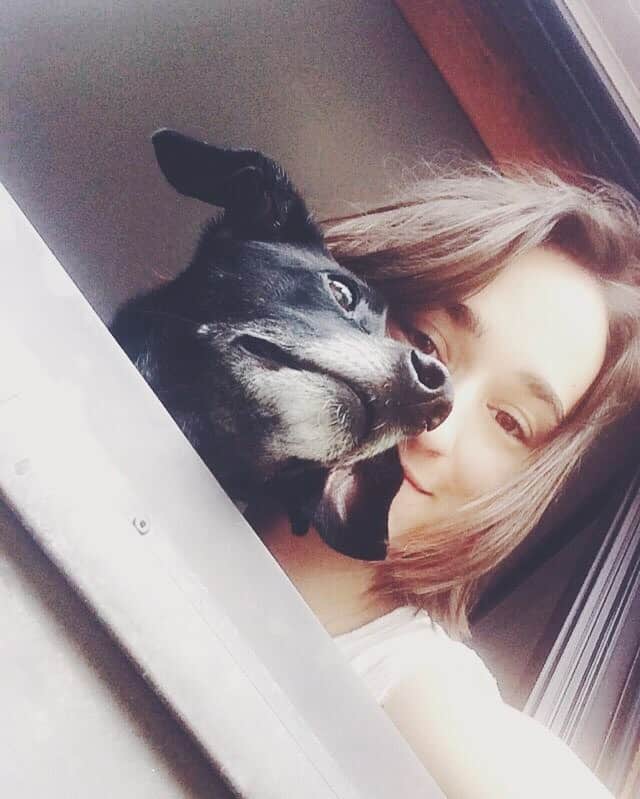
Luna’s passion for learning about canine psychology and behavior began when she adopted a severely reactive puppy from a local shelter. She is now a big advocate for positive reinforcement and compassionate training. As a writer, she strives to spotlight the topics that fly under the radar and be the voice for all who cannot speak for themselves.

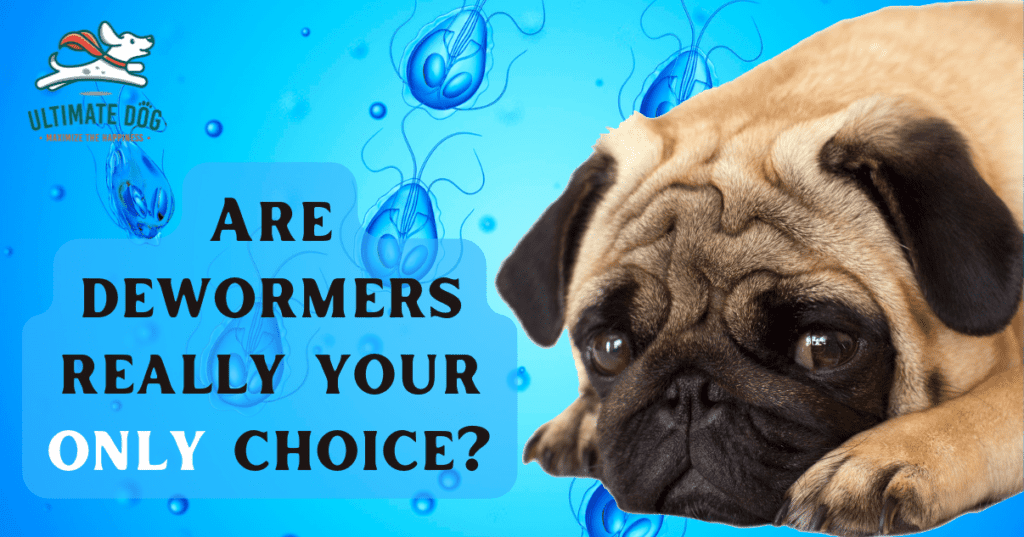
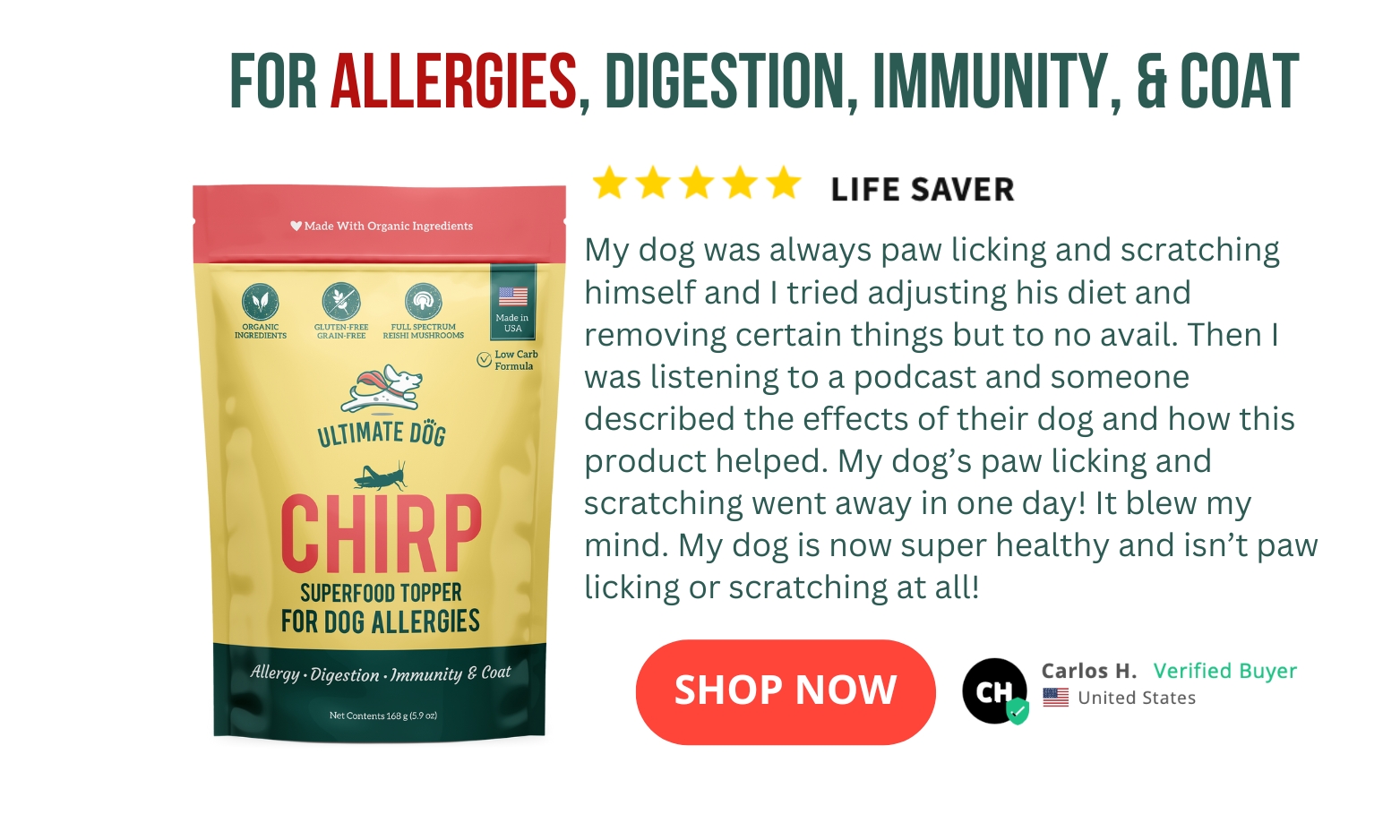









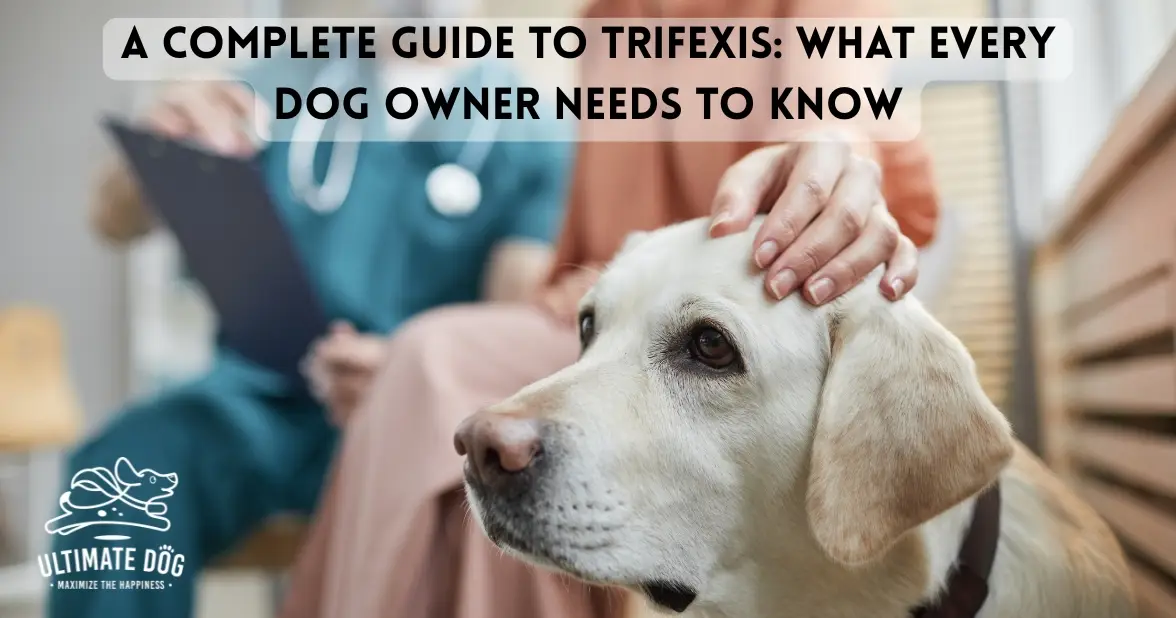

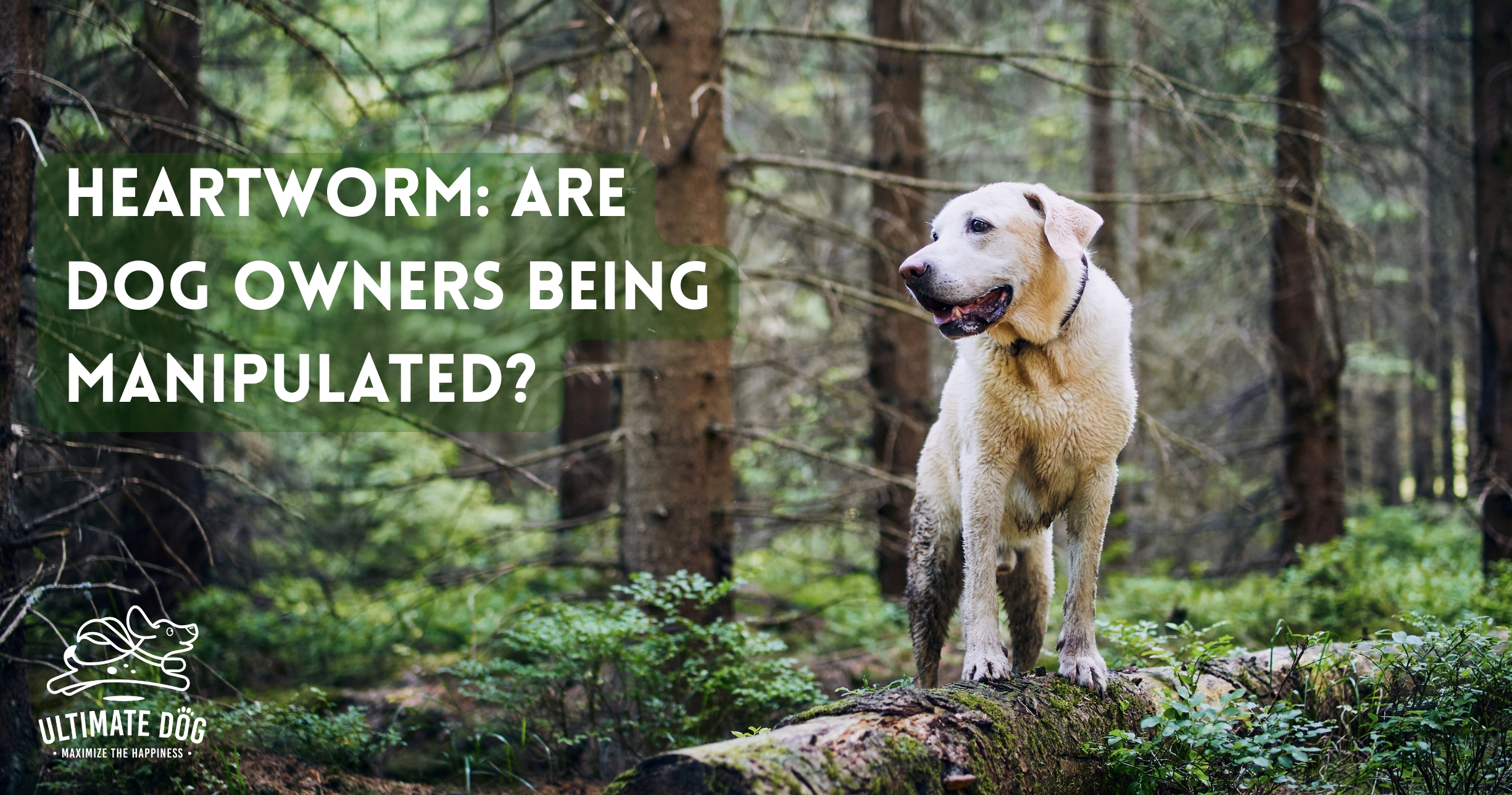

I’ve used grapefruit seed extract to treat giardia and coccydia with 100% success. I’m wondering what your opinion is regarding this.
Hi Maggie,
I think it’s a great idea, especially if you had success with it! 🙂
The only note I have is that grapefruit is known to have pretty serious negative interactions with some medications. If your dog is on any medication, check-in with a holistic vet before giving him grapefruit seed extract.
What was the dose you used to eliminate these parasites and could this be used for puppies 8 weeks old or younger?